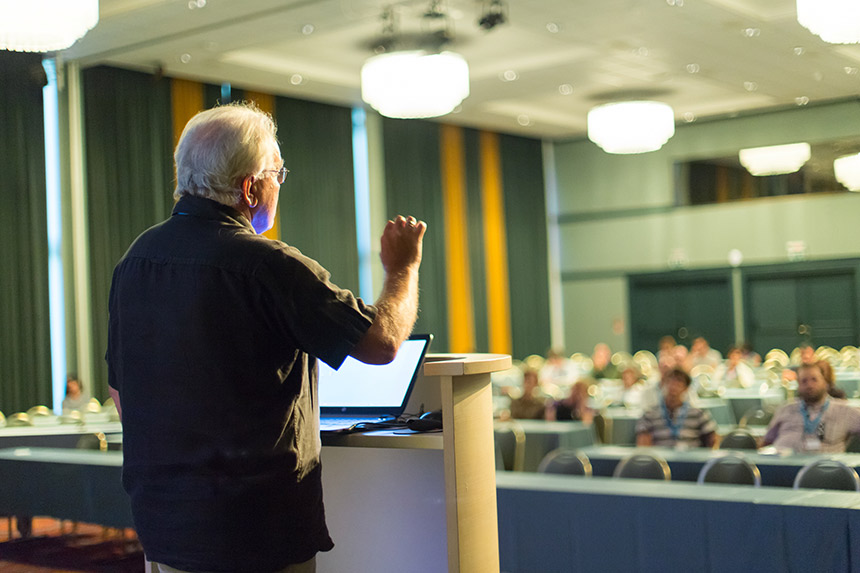How to prepare academic conference papers? Preparing an academic conference paper involves several key steps that span from the initial idea to the final submission. Here’s a structured approach to help you throughout this process:
1. Identify the Conference:
- Choose a conference that aligns with your research interests and is reputable in your field.
- Review the conference's themes, submission guidelines, and deadlines.

2. Understand the Requirements:
- Read the call for papers carefully and take note of formatting guidelines (font size, margins, citation style).
- Check the required length for the paper and any specific sections (abstract, introduction, methodology, results, discussion, conclusion).
3. Define Your Research Question:
- Start with a clear research question or hypothesis that addresses a gap in the existing literature.
- Think about the significance of your research and how it contributes to the field.
4. Conduct Your Research:
- Gather and analyze relevant literature to contextualize your work.
- Ensure your methods and findings are robust and clearly documented.
5. Outline Your Paper:
- Create an outline based on the standard structure of academic papers:
- Title
- Abstract: Summarize your research question, methods, results, and conclusions in about 150-250 words.
- Introduction: Introduce the topic, state the problem, and outline the significance of your research.
- Literature Review: Discuss existing work in the area and situate your research within that context.
- Methodology: Describe your research design, data collection, and analysis methods.
- Results: Present your findings, using tables and figures as necessary.
- Discussion/Conclusion: Interpret the results, discuss implications, and suggest future research directions.
6. Write the Paper:
- Use clear and concise language. Avoid jargon unless necessary, and explain terms when you use them.
- Follow the formatting guidelines closely, including citations and references.
- Ensure logical flow between sections, using transitions to guide the reader.
7. Review and Revise:
- Take a break and then read your paper with fresh eyes to catch errors and inconsistencies.
- Seek feedback from colleagues, mentors, or peers willing to review your work.
- Revise your paper based on feedback, focusing on clarity, coherence, and argument strength.
8. Prepare for Submission:
- Ensure all required materials are prepared, including supplementary documents (e.g., figures, tables, appendices).
- Double-check formatting and citation style, as per the conference guidelines.
- Be mindful of deadlines for submission; submit your paper or proposal well in advance if possible.
9. Prepare to Present:
- If your paper is accepted, start preparing your presentation by summarizing the key points to convey your research effectively.
- Create slides (if applicable) that support your narrative and include visuals where appropriate.
- Practice your presentation multiple times, aiming for clarity and timing.
10. Network and Engage:
- Attend other presentations, participate in discussions, and engage with other attendees to expand your professional network.
- Consider future collaborations or feedback opportunities from conference participants.
Remember that each conference may have unique requirements, so adapt your approach accordingly, and don’t hesitate to reach out to the conference organizers if you have any specific questions. Good luck!

